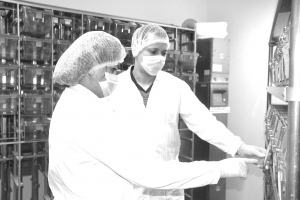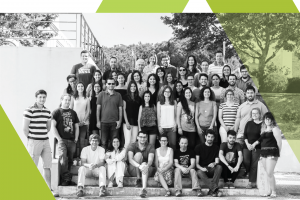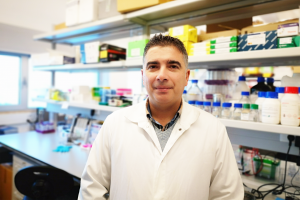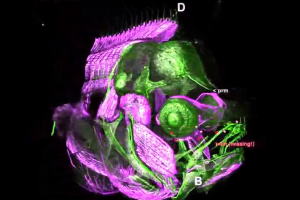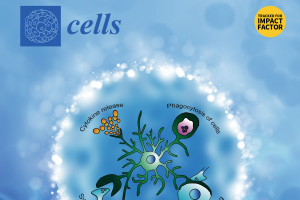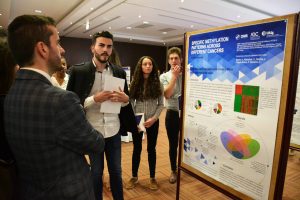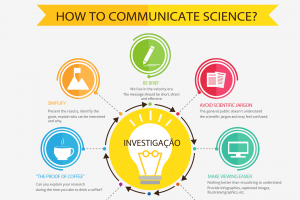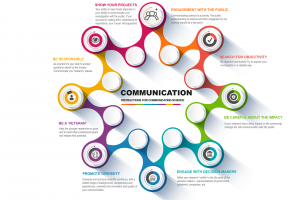Ana Teresa Maia, Isabel Palmeirim, Leonor Cancela, Maria João Bebiano and Teresa Dinis are five prominent figures in their research areas. They are among the 137 Portuguese women chosen to be part of the book “Women in Science”, an initiative of the National Agency of Living Science, which pays homage to scientists women in Portugal.
The book, released and edited this month, brings together over a hundred portraits of Portuguese researchers by photographers António Pedro Ferreira, Clara Azevedo, Daniel Rocha, José Carlos Nascimento and Luísa Ferreira.
As explained by Rosalia Vargas, President of Ciência Viva, “this book pretends to be an example of their involvement in the adventure of knowledge”.
From Biology to Mathematics, from Chemistry to Social Sciences, from Physics to Archeology, from Neurosciences to Geography, from Engineering to History, from Space Sciences to Philosophy, Women in Science puts the focus on 137 researchers. 137 success stories that have contributed to the rooting of science in Portuguese society and which may inspire young people to follow their vocation.
Among them are Ana Teresa Maia, oncogeneticist, and Isabel Palmeirim, development biologist, both researchers at the CBMR (Center for Biomedical Research).
Unlike many scientists who began their activity before the revolution, Isabel Palmeirim and Ana Teresa Maia, guarantee never having felt any type of discrimination.
As states Ana Teresa Maia: «I am a scientist with a career after 25th April and I never felt that I had to be better than men to achieve my results. I always felt I had to be good, to work hardly to be the best I could be”.
With quality and an intense daily work program, which has been reflected over the years in the winning of several projects and prizes all over the world, the two researchers currently comprise the universe of 45% of women who do scientific research in Portugal.
«I am a scientist with a career after 25th April and I never felt that I had to be better than men to achieve my results. I always felt I had to be good, to work hardly to be the best I could be”.





